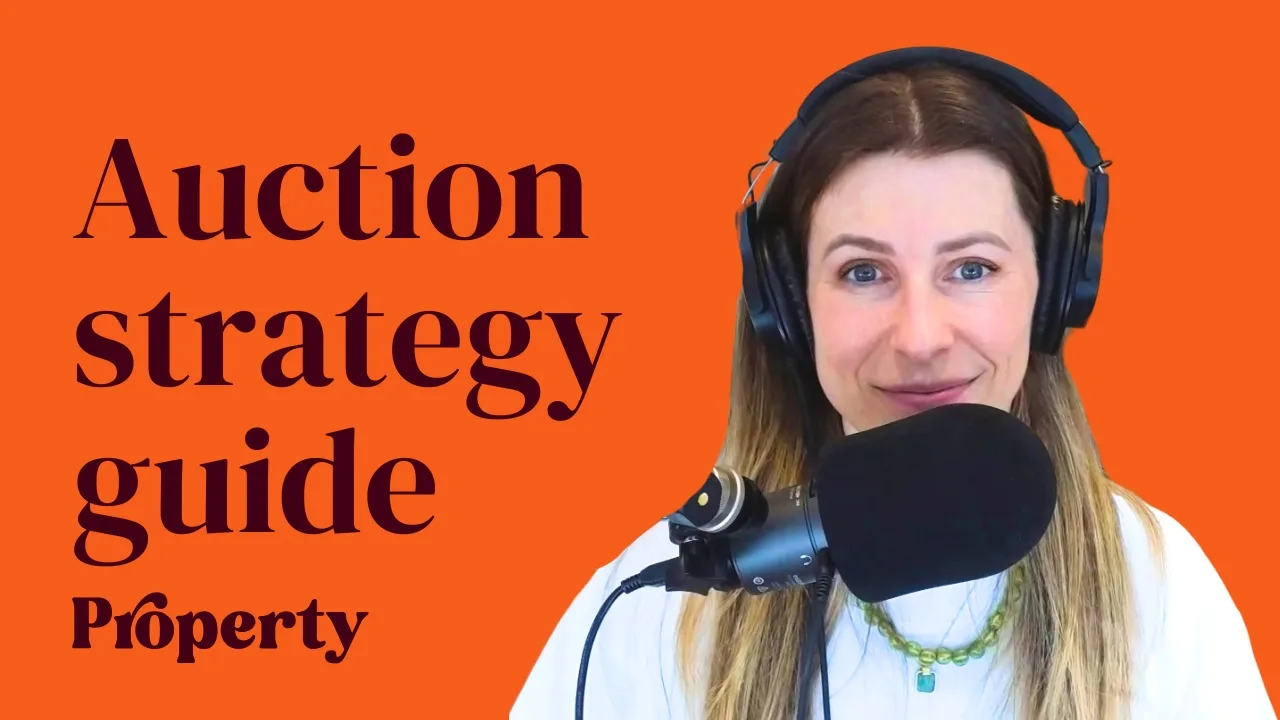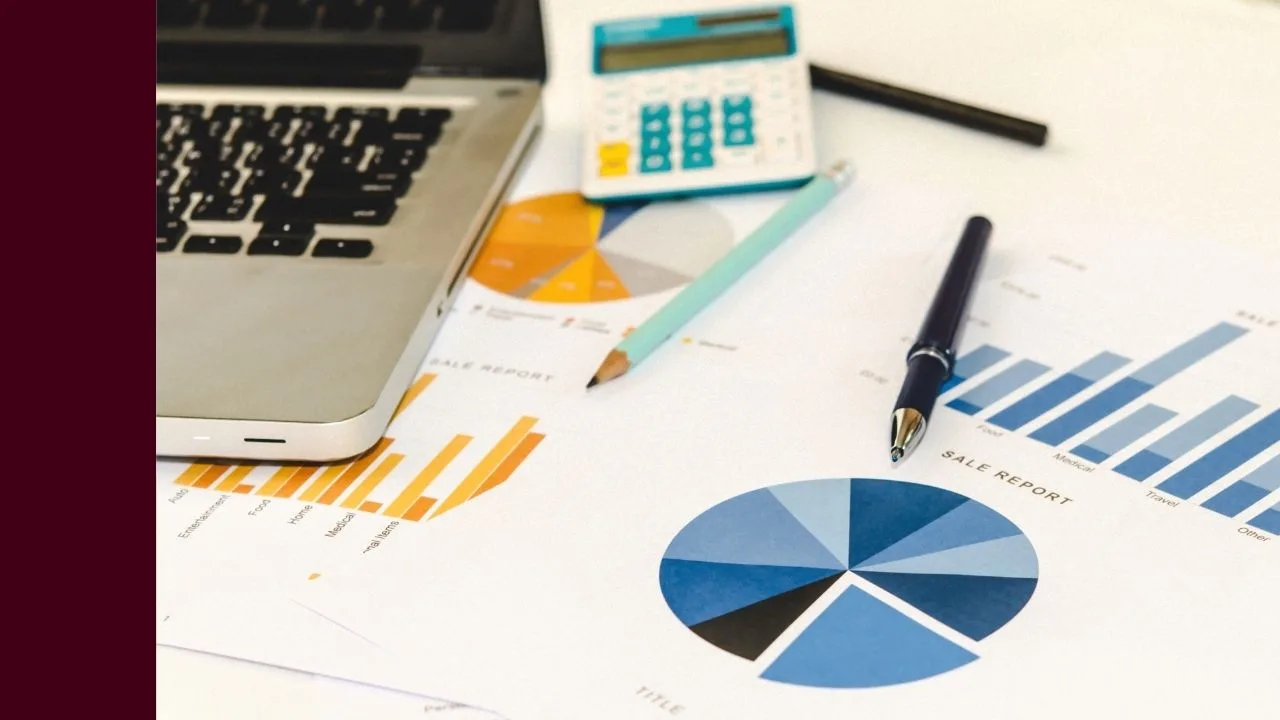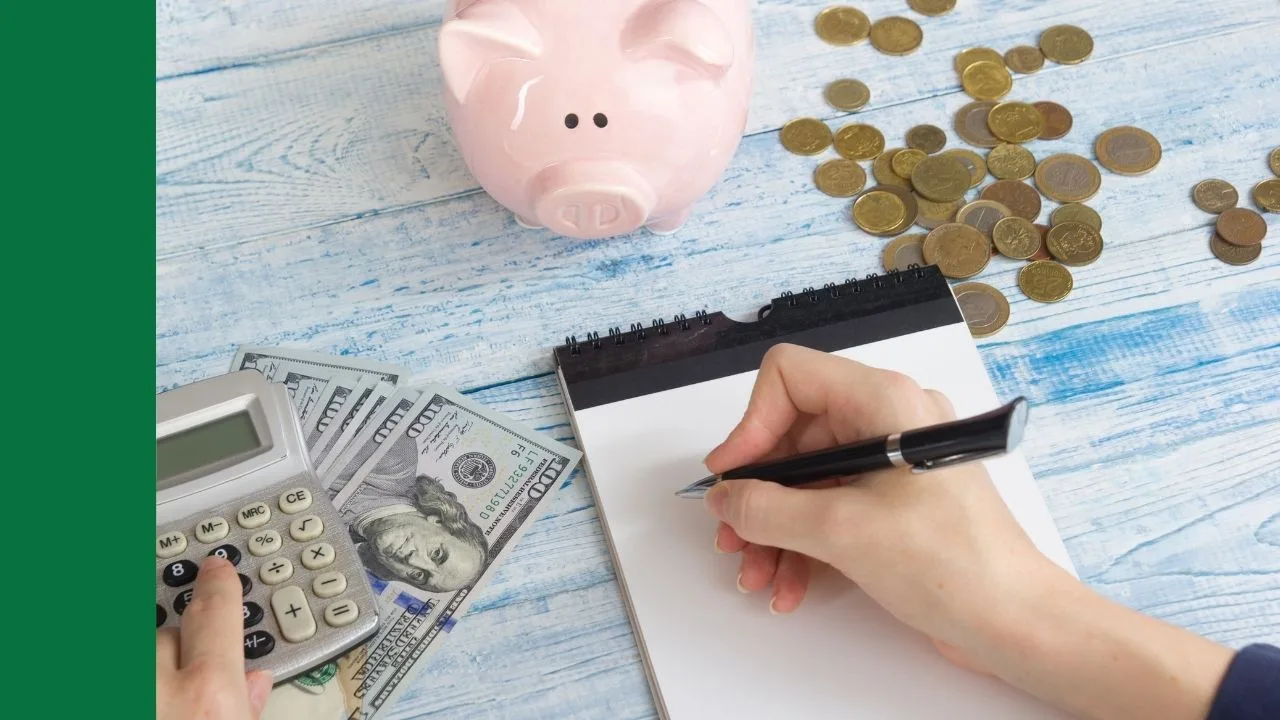JBH share price in focus
Founded in 1974, JB Hi-Fi is among Australia’s leading retailers of electronics and home entertainment products.
The company operates across three main segments: JB Hi-Fi Australia, JB Hi-Fi New Zealand, and The Good Guys, the latter acquired in 2016 and offering a similar product range.
JB Hi-Fi follows a cost-leadership strategy, focusing on competitive pricing to stand out against its rivals. Frequent discounts on its products enhance their perceived value, providing customers with attractive deals.
BXB shares
Brambles operates the world’s largest pool of reusable pallets, crates, and containers, providing essential support to global supply chains.
The company is best known for its CHEP brand, which operates across the Asia-Pacific, Americas, and Europe, Middle East, and Africa (EMEA) regions.
Brambles generates revenue through a hiring model: manufacturers use CHEP pallets to transport products to retailers, who then return the pallets to CHEP or pass them on to others within the supply chain. At each stage, Brambles earns daily hire fees for its pallets and crates.
JBH & BXB share price valuation
As a growth company, some of the trends we might investigate from JBH include revenue growth, profit growth, and return on equity (ROE). These measures can indicate the growth rates and prospects of the company, as well as their ability to generate returns from their assets.
Since 2021, JBH has grown revenue at a rate of 2.5% per year to reach $9,592m in FY24. Over the same stretch of time, net profit has fallen from $506m to $439m. As for ROE, JBH last reported a ROE of 29.5%.
Since BXB is more of a ‘mature’ or ‘blue-chip’ business, some of the metrics that could be considered important include the debt/equity ratio, average yield, and return on equity, or ROE. These are useful as they give us an idea of debt levels and the company’s ability to generate a return on assets and pay out profits (which is what we want from a blue chip). In FY24, Brambles Ltd reported a debt/equity ratio of 81.8%, meaning the company has more equity than debt.
As for dividends, since 2020 BXB has paid an average dividend yield of 2.7% per year.
Finally, in FY24, BXB reported an ROE of 25.6%. For a mature business you’re generally looking for an ROE of more than 10%, so BXB clears this hurdle.
Keep in mind that these are only a small selection of metrics. We don’t have enough information to value the business or make an investment decision. To learn more about valuation, check out one of our free online investing courses.







